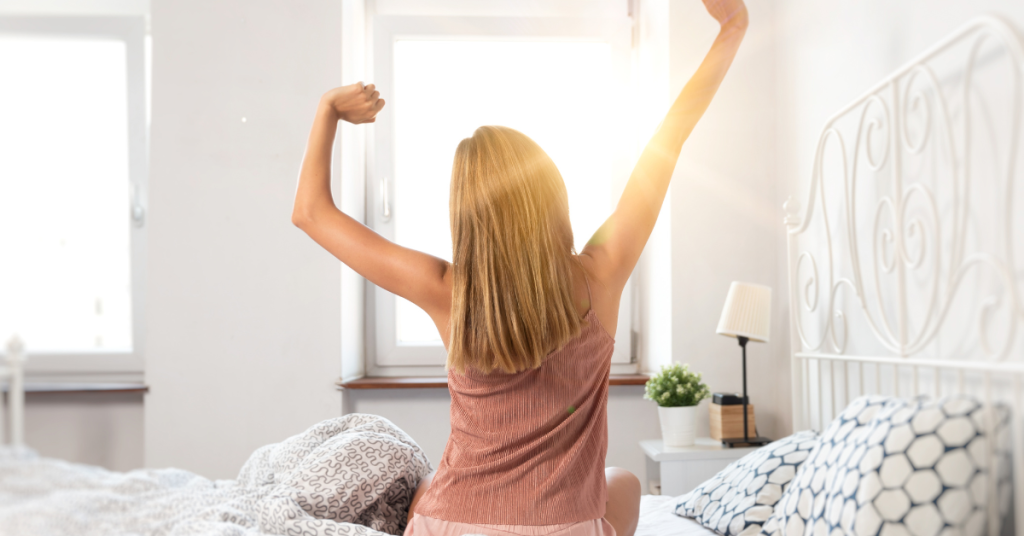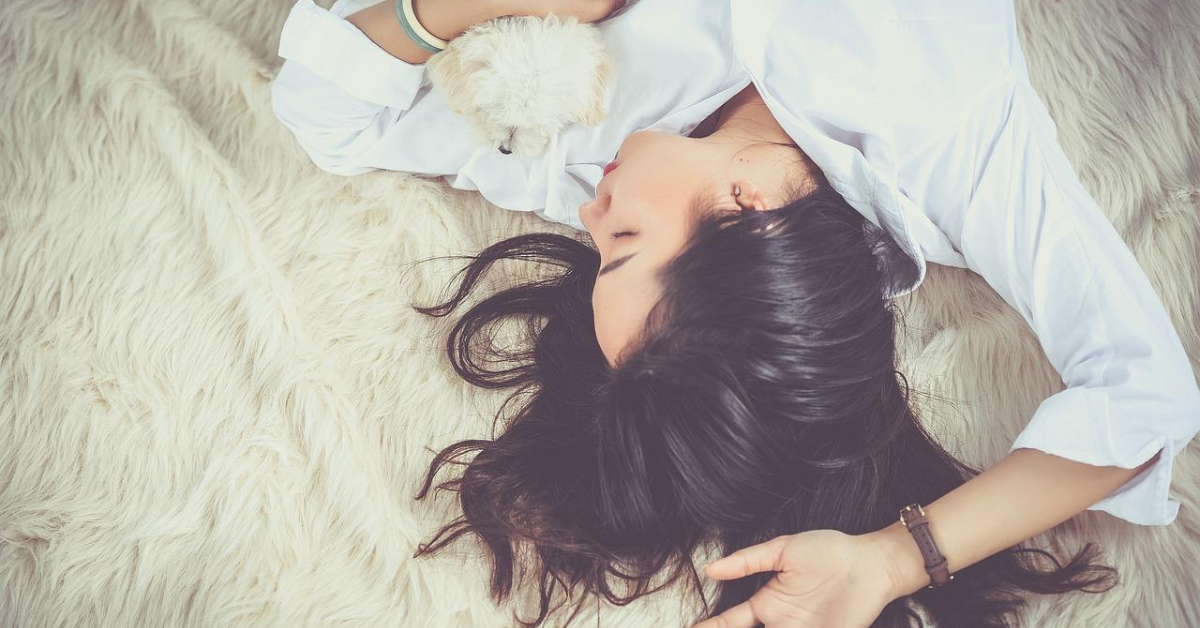If you feel like you are always tired, you are not alone. Most people feel tired for at least three days a week, and nearly 50% of people have trouble falling asleep, which makes them feel fired the entire time. For many people, the problem isn’t the hours of sleep that they are getting, but it is the anxiety that is lined with their sleep, which is also caused by various myths.
Several things can ruin your sleep, and there is some good advice related to sleep and some bad advice that you should ignore.
Your Bedtime Matters
The first thing that you might frequently hear on the internet is that bed timing doesn’t matter as long as you sleep enough. However, the truth is that the timing of your sleep is just as important as the hours that you sleep.
There is something known as the circadian rhythm, which actually underpins the very aspects of your health and overall well-being. The circadian rhythm is also known as the body’s internal clock that gives your body the signal about what your body needs at any given time.
The internal clock of the human body is sensitive to light, which means that you will be awake when it is bright outside, and you will be asleep when it is dark outside. So, the question is what happens when the circadian rhythm is affected, which can happen when you sleep at weird times. It can also happen when you experience something known as jet lag or when you work irregular shifts.
Usually, the people who have a disruption to their circadian rhythm, their stress hormones increase, which in turn increases their risk of heart disease and their rate of illness increases too. Their immune system is compromised, which makes them prone to cognitive problems, too.
You Need Eight Hours of Sleep
You might have heard before that you need at least eight hours of sleep. The truth is that there is loads of variation regarding how much sleep people actually need. Usually, an average value is taken as the optimum value of sleep for everyone.
Healthy sleep can range from six hours and even more than ten hours. Now, there will be an average value of the hours that you can sleep. Now, many people believe that if they haven’t slept for several hours a day, they might have a terrible day.
The thing is that there are a few other things that you can do to wake up naturally in the morning. If you wake up naturally, it usually means that you have gotten a reasonable amount of sleep. You might ask yourself whether it took you a long time to wake up.
Also, ask yourself whether you felt the need for caffeinated drinks at the time of waking up to help you feel more awake. If the answer is yes, then it might be a sign that you didn’t get enough sleep. You will also want to assess your behavior and watch out for whether you are doing mean and apathetic things that are mean and erratic.
If yes, then it might be a sign that you haven’t had enough sleep.
Wake Up at the Same Time

Another thing you might have heard related to sleep is the importance of waking up at the same time every day. Now, if you work in shifts, and you do not necessarily have to be a doctor to work in shifts, you could also be a freelancer, such as a freelance editor, who might have to be up at certain nights to meet a deadline and complete an editing project on time.
Speaking of freelance editing, if you are new to freelance editing, you might want to check out the freelance editing rates and get a better idea of how to set your rates and what freelance editing is all about. The best part about becoming a freelancer is that you can work from anywhere in the world, and you can also set your work hours.
Good-quality sleep is generally a good idea, but you don’t really have to be pedantic about it. Waking up at a regular time complies with your circadian rhythm.
Avoid Blue Light at All Costs
When it comes to good-quality sleep, you must avoid blue light before sleep. Blue light is a short wavelength light, and its intensity is high. According to some scientists, blue light can make it harder for people to sleep on time.
If you are wearing glasses, you might want to get glasses with a blue light filter, which, according to some doctors, is also better for your sleep. However, according to some doctors and scientists, the entire blue light filter is nothing but a myth. Kindle is a perfect example of this, as many people turn to Kindle and read on it for at least four hours before bedtime.
Reading books on Kindle won’t affect your sleep, which is why you don’t have to worry about blue filter light and fall asleep as per routine.
Can Sleep Apps Help?
Many people who struggle with sleep might have downloaded one of the many sleep apps that are available for downloading. Generally, sleep apps can help with effective sleep tracking. You can also use a sleep mattress, which can help you fall asleep faster.
Also, there is nothing wrong with keeping track of all your sleep data. But it is interesting to wake up every morning and see what your sleep score has been for the night. However, some sleep apps do nothing but impart a placebo effect, which isn’t always negative.For instance, you might wake up feeling refreshed, but you check your score, and it shows that it is below 50%. At this point, you might be wondering why you cannot feel good as your score is so low. So, the best thing you can do is to take the sleep app data with a pinch of salt because none of the sleep apps are FDA-approved.




